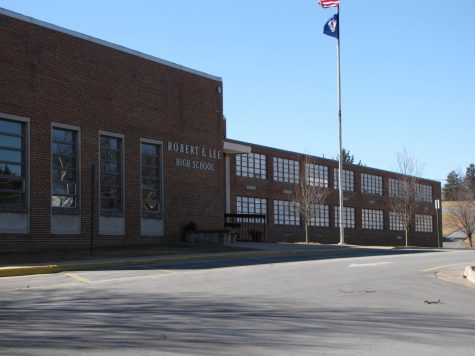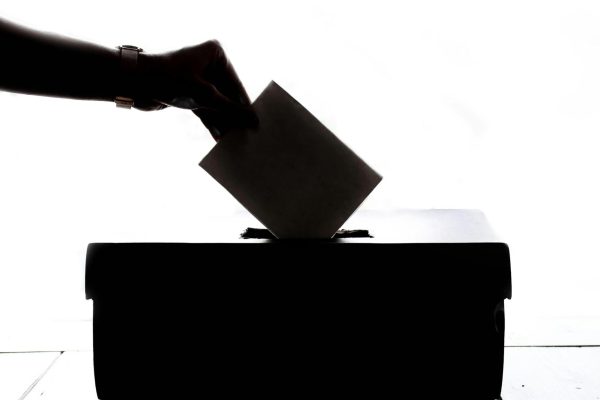To rename or not to rename high schools in FCPS?
The controversy surrounding renaming schools named after Confederate generals.

From its birth as the first colony to its now renowned reputation for producing presidents, Virginia has played a pivotal role in shaping America’s history since the beginning. But its past is not one of pristine patriotism, and like many other former Confederate states, Virginia’s story is one battered by the bitterness and conflict of the American Civil War.
Nearly a century and a half after the “house” stood divided, remnants of the war manifest themselves in cities and towns in Confederate tokens like statues, highway titles, and school names. Students and minority community members have risen to challenge the supposed historical significance of such monuments, pointing to their oppressive roots and dark history as an offensive and painful reminder of slavery.
Oakton High School AP United States History teacher Mr. Williams comments that while we memorialize particular individuals in memorials, they still represent the broader context and meaning of the Civil War as a whole. “We need to look big-picture and contextualize the historical aspect that [the Civil War] was part of our nation. It may not have been a positive thing in our nation, but it’s certainly something that I don’t think that we should forget,” he says. “It was just one of the tools – one of the puzzle pieces – that helped build our nation, so the Civil War and what it stood for is something that should never be forgotten, and hopefully, we grow from that.”
Many municipalities have heeded resident complaints and proceeded to remove Confederate statues and redub institutions. In 2017, the Fairfax County school board’s controversial decision to rename J.E.B. Stuart High School to Justice High School was one that intensely divided the Falls Church community with heated animosity. Opposers expressed that renaming the school is comparable to erasing history, while supporters adamantly asserted the name harms minority people.
Most recently, the school board’s decision to pursue the same fate for Robert E. Lee High School threatens to set off another slew of debates and heated conversations in the Springfield community.
In the case of Lee High School, the school name is not the only grim testament of the war fought for slavery. The school’s mascot is a Lancer – a term for a soldier of a cavalry regiment armed with lance weaponry – which only entrenches the connection between the school and the Civil War’s legacy. A portrait of General Robert E. Lee also sits enshrined in the school lobby, receiving students as they enter school each day. Students, parents, and educators have raised concerns about these memorials as hindrances in the school learning environment.
School board policy permits the board to change school names “to ensure an inclusive, respectful learning environment” or “when the Board deems it appropriate.” While capitalizing on these reasons, the board also cites its commitment to racial and social equity under the One Fairfax resolution as justification for the name change for Lee High School.
“If that is something that is affecting [students’] daily life, it absolutely would affect their learning ability,” says Mr. Williams. “As educators and as adults, they at least need to be heard. That input needs to be valued and then a decision needs to be made.”
The fervid back and forth between sides is enough to suggest that the issue is far from black and white. With the entangled interplay between historical significance and the role of these figures in the war and the construction of the nation, the controversy is deeper and more nuanced than purely honoring slavery or not.
And yet, the question remains, is it possible to detach these individuals from their roles in defending slavery and memorialize them purely for their historical influence?
Mr. Williams concludes with some final food for thought. “A lot of these men that we’re talking about actually fought for the United States in the Mexican-American War. If you read things, Robert E. Lee was fighting for his home state of Virginia. But the context is there. The fight was for the ability to keep slavery. We know those names because of the Civil War. Why the Civil War? Because the issue was slavery, and we always make that connection.”

Hi! My name is Wendy Gao, and I am a senior. I have been part of the Oakton Outlook for the past three years, and it has become a significant part of my...





